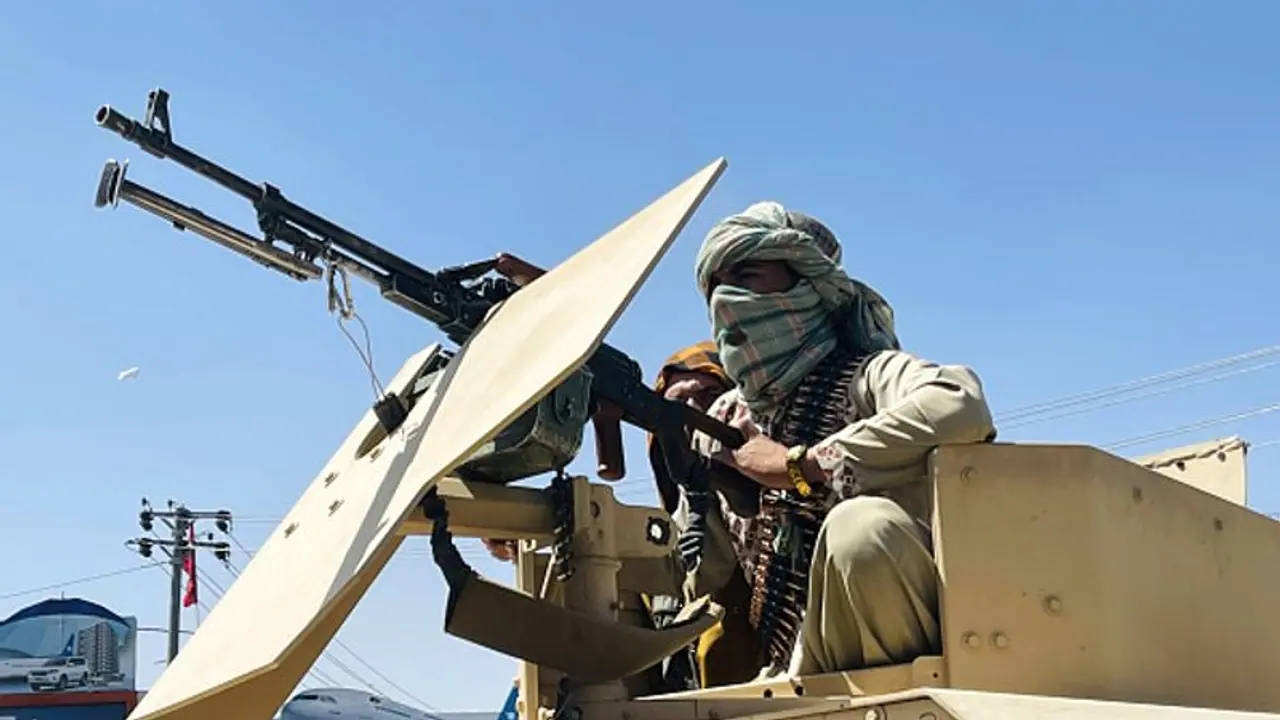Shashi Tharoor has said that in the time to come, Indian diplomacy faces the unprecedented challenge of maintaining national security and regional stability due to the present environment in the region.
Congress leader Shashi Tharoor has warned that India faces a major threat for the Afghanistan-Pakistan-China axis that is evolving rapidly.

Writing for The Strategist, a website belonging to policy think-tank Australian Strategic Policy Institute, Tharoor noted that the Taliban's victory in Afghanistan once again gives Pakistan a recruiting and training ground for terrorists.
Even though the international community has called upon the new rulers of Afghanistan to not let the country's territory to be used for breeding terror and the Taliban has offered assurances in this direction, not many are convinced. And rightfully so.
Tharoor listed the example for Faiz Hameed, chief of Pakistan's espionage agency ISI, visiting Kabul to meet the Taliban leadership just days after it had stormed the Afghanistan capital city.
The Congress MP recalled how during the Taliban's previous stint in power in Afghanistan between 1996 and 2001, their 'Islamic emirate' operated as a "wholly-owned subsidiary" of the ISI.
He noted that the fall of Kabul had emboldened terror outfits who had the potential to "shake up" the region's geopolitics.
Expressing similar concerns about China's mounting interest in Afghanistan and the latter's appreciation of India's northeastern neighbour as a "trustworthy friend", Tharoor said that Beijing is filling the financial breach that happened when the Taliban took over and foreign assistance to the country stopped coming by.
China, obviously, has a greater economic agenda in Afghanistan. According to Tharoor, China has been working to turn the delicate situation to its advantage.
The former minister of state for external affairs noted how China was keen on getting access to minerals and rare earth resources that remain under-exploited in Afghanistan. Beijing also seeks to incorporate Afghanistan in its ambitious China-Pakistan Economic Corridor for which it has already spent $62 billion.
Add to New Delhi's concerns, Tharoor noted that while some within the Taliban ranks have called for better relations with India, there are others who have openly stated that the Islamic emirate will support India's Muslims, especially in Kashmir.
Tharoor called upon India to reach out to the dispensation in Kabul.
Asserting that India now had the Taliban regime to its northwest, a terrorism-backing country to its west and a hostile superpower to its northeast, Tharoor said that the country faces a serious threat to territorial integrity.
He concluded by stating that in the time to come, Indian diplomacy faces the unprecedented challenge of maintaining national security and regional stability due to the present environment in the region.
Also Read:
